Category: Plants & Medicine
-
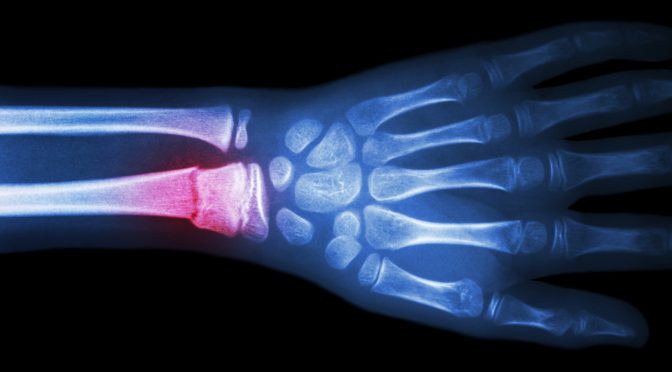
Lettuce Induced To Produce Bone-Healing Protein: A Game Changer For Diabetics And Others
In both mouse and human cells, the researchers showed that the plant-derived drug caused a variety of cell types, including oral-tissue cells and osteoblasts, or bone-building cells, to grow and differentiate, or divide to form a variety of different cell types. (Click on title for full story.)
-
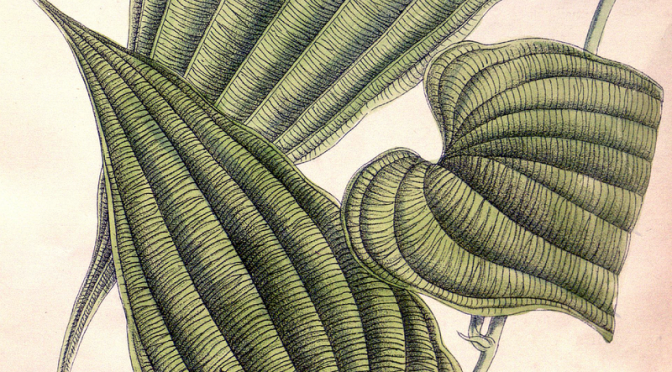
Traditional Chinese Parasite Cure Reveals Effective Insecticidal Compounds
Testing the substances on insects revealed that they were strongly toxic to aphids and moderately toxic to spider mites. A bacterial extract containing all of the compounds had greater lethal activity than any compound alone. These substances, or the bacteria that produce them, could be promising new natural pesticides, the researchers say. (Click on title for full story.)
-
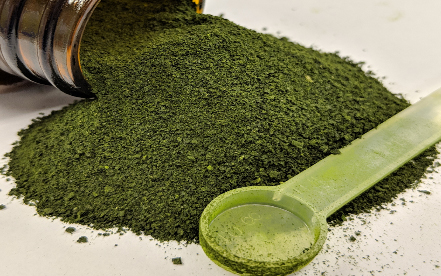
Consuming This Algae May Be The Answer For IBS Sufferers
“The benefits of consuming this species of algae were immediately obvious when examining the data from both mice and humans who suffered from gastrointestinal symptoms, (Click on title for full story.)
-
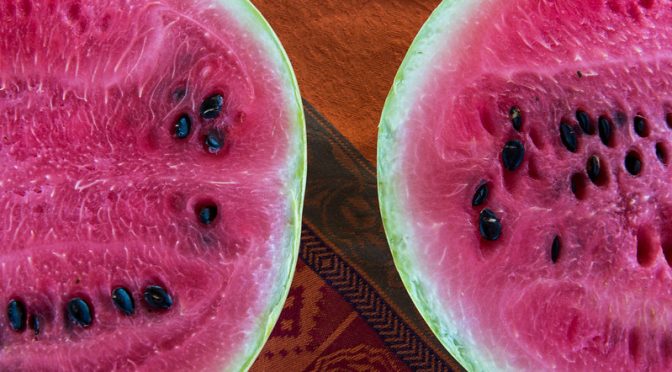
What Watermelon Can Do For Obese Mice Health (And Maybe Ours)
“Even though the two groups of mice were eating the same amount of fat and sugar, that consumption of 1½ servings of watermelon flesh or 2% of high-fiber rind or skin products had significant effects,” (Click on title for full story.)
-
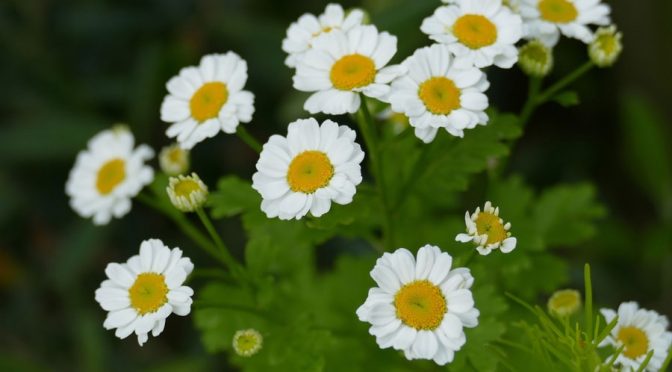
The Humble Garden Flower That Could Help Cure A Cancer
The team was able to extract the compound from the flowers and modify it so it could be used to kill chronic lymphocytic leukaemia (CLL) cells in the laboratory. Feverfew is grown in many UK gardens, and also commonly sold in health food shops as a remedy for migraine and other aches and pains. (Click on title for full story.)
-
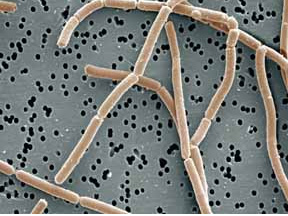
Is Consumption Of Anti-Biotic Resistant Superbugs On Plants A Hidden Danger?
Spread of antibiotic-resistant superbugs from plants to humans is different from outbreaks of diarrheal illnesses caused immediately after eating contaminated vegetables. Superbugs can asymptomatically hide in (or “colonize”) the intestines for months or even years, when they then escape the intestine and cause an infection, such as a urinary infection. (Click on title for full story.)
-
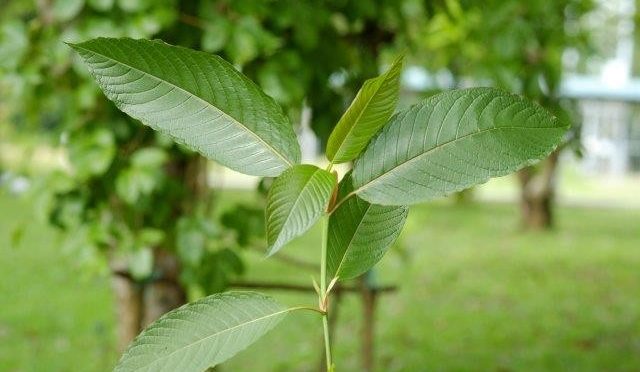
Have Chemists Unlocked The Secret Of Kratom’s Pain-Relieving Effects?
The team says that the results shed light on some of the seemingly contradictory reports on kratom, but more studies are still needed to see whether their findings in mice extend to humans. (Click on title for full story.)
-
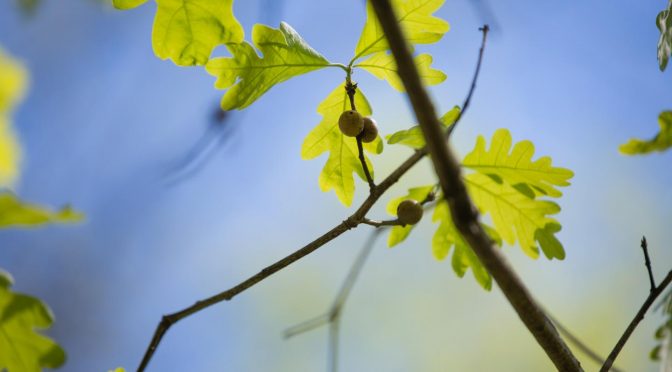
Civil War Compendium Of Medicinal Plants Studied For New Insights Into Medicinal Value Of Plants
During the height of the Civil War, the Confederate Surgeon General commissioned a guide to traditional plant remedies of the South, as battlefield physicians faced high rates of infections among the wounded and shortages of conventional medicines. A new study of three of the plants from this guide — the white oak, the tulip poplar and the devil’s walking stick — finds that they have antiseptic properties. (Click on title for full story.)
-
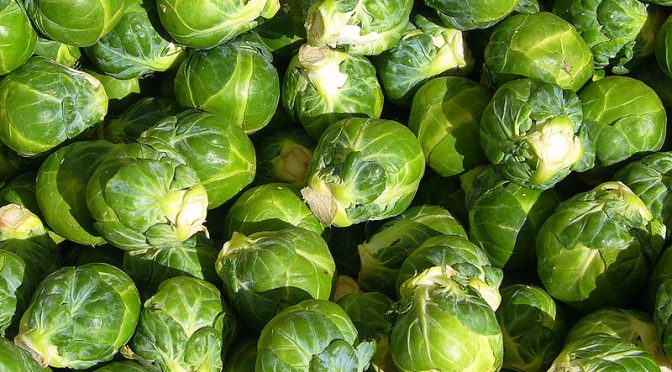
Your Parents Were Right To Make You Eat Your Sprouts (According To Research)
New research has linked a compound found in Brussels sprouts, broccoli, and other cruciferous vegetables to one of the body’s most potent tumor-suppressing genes. (Click on title for full story)
-
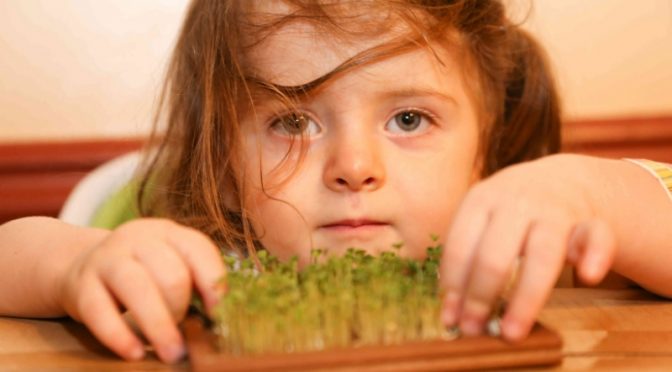
Can Broccoli Prevent Schizophrenia?
Researchers say they have further characterized a set of chemical imbalances in the brains of people with schizophrenia related to the chemical glutamate. And they figured out how to tweak the level using a compound derived from broccoli sprouts. They say the results advance the hope that supplementing with broccoli sprout extract, which contains high levels of the chemical sulforaphane, may someday provide a way to lower the doses of traditional antipsychotic medicines needed to manage schizophrenia symptoms, thus reducing unwanted side effects of the medicines. (Click on title for full story.)
